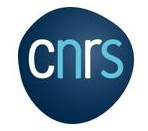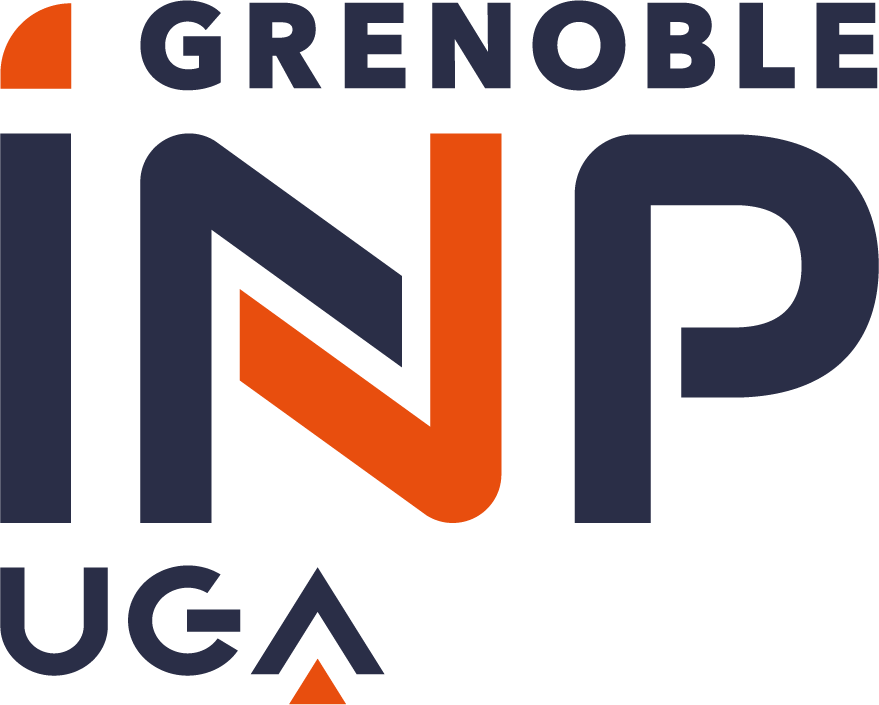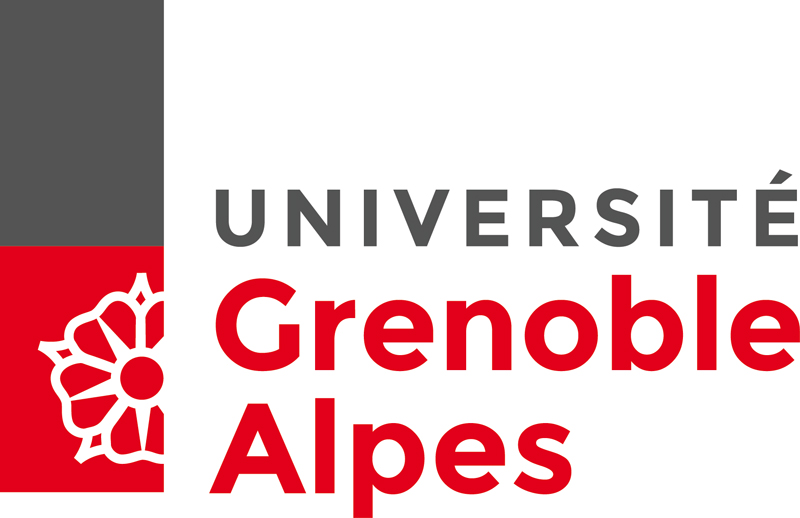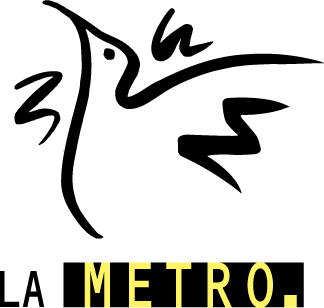Grenoble 2023
44th International Summer School of Automatic Control Grenoble, France
August 28 - September 01, 2023
Summer school program
Monday morning: Piernicola BETTIOL, Univ. Bretagne Occidentale
State constrained dynamic optimization: Dynamic optimization is a unified framework for studying strategies to control a dynamical system, which optimize a criterion of best performance. For many dynamic optimization problems encountered in applications the presence of the state constraints cannot be neglected and plays a crucial role. Therefore it is important to have at hand a theory which allows to investigate or even characterize the minimizers. The main purpose of these lectures is to provide an extended overview giving easy access to key concepts, results (centered on the maximum principle and the dynamic programming) and tools for the study of s constrained dynamic optimization problems.
Monday afternoon: Philipp BRAUN, Australian National University
Simultaneous Stabilization and Avoidance: Intrinsic Limitations and Controller Designs: While controller designs guaranteeing asymptotic stability or (obstacle) avoidance and safety are well studied in the literature, controller designs combining both concepts with guarantees are less common. In this session we discuss results towards the combined control problem focusing on controllers with guarantees and on the avoidance of bounded sets. For the controller designs, we highlight the need for discontinuous feedback laws and point out intrinsic limitations resulting from topological obstructions. The results focus on Lyapunov methods to ensure stability and safety and on and hybrid systems theory for the design and analysis of discontinuous feedback laws.
Tuesday morning: Piernicola BETTIOL, Univ. Bretagne Occidentale
State constrained dynamic optimization
Tuesday afternoon (2 - 3:30 pm)
Panel discussion
Tuesday afternoon (4 - 6 pm via zoom): Miroslav KRSTIC, UC. San Diego, USA
Extensions of Classical Constructive Nonlinear Control Tools from Stabilization to Safety: I will cover several safe control research subjects which, in addition to interesting me, are relevant and unsaturated. I will proceed in the order in which the subjects intrigued me: (1) backstepping design for CBFs of relative degree higher than one [2006, non-overshooting control revived]; (2) input-to-state safe (ISSf) control under large disturbances of unknown bounds; (3) prescribed-time safety for reducing conservativeness and enhancing liveness; (4) inverse optimal safe control [deploying the full portfolio of the 1990s CLF tools for safety]; (5) safe control of PDEs.
Wednesday morning: Gabor OROSZ, Univ. Michigan, USA
Safety of control systems under uncertainty and time delays: Safety of control systems will be formulated using forward invariance of sets in state space, and control barrier functions (CBFs) will be utilized to synthetize safety-critical controllers that ensure forward invariance. We will discuss extensions of CBF theory to system with environmental effects, input uncertainties and time delays. The concepts of environmental control barrier functions, parametrized barrier functions and control barrier functionals will be introduced. The results will be demonstrated using examples in automotive and transportation applications.
Wednesday afternoon:Free afternoon
Thursday morning: Antoine GIRARD, L2S, CNRS, Univ. of ParisSaclay
Symbolic control of nonlinear systems: safety, optimization and learning: Symbolic control is a computational approach to control nonlinear systems subject to state and input constraints. It is based on the use of symbolic models that are sound discrete-state approximations of the original dynamics. Symbolic models can be used to synthesize automatically controllers for the original system while providing safety guarantees. In the first part of the talk, I will give a short introduction to the field of symbolic control. The second part of the talk will be devoted to recent developments. I will show how symbolic control and model predictive control can be combined to design controllers with safety guarantees and optimized performance. I will also present recent approaches to compute symbolic models directly from data, paving the way to the development of safe learning approaches for nonlinear systems.
Thursday afternoon: Necmiye OZAY, Univ. Michigan, USA
Basic algorithms and recent advances on safe control synthesis with reachability and invariance: In this lecture, we will review some of the classical algorithms for backward and forward reachability, and invariance computation. We will discuss how to represent and propagate different types of sets in the state space. In particular, we will discuss basic properties of polytopes and zonotopes as set representations and show how these set representations can be used for safety verification, correct-by-construction control synthesis, and falsification We will start with analysis and design for uncertain linear systems and show generalizations to nonlinear control systems via local linearizations or Koopman-like liftings.
Thursday evening
Gala dinner
Friday morning: Dimitra PANAGOU, Univ. Michigan, USA
Safety-Critical Control via Control Barrier Functions: Theory and Applications: This 3-h lecture will focus on Control Barrier Functions as a tool for encoding and enforcing safety specifications, as well as their recent extensions (Robust, Adaptive, Tunable, Future-Focused/Predictive) to handle additive perturbations, parametric uncertainty and dynamic environments, with applications to (multi)-robot/vehicle motion planning and coordination. We will also cover how time constraints can be encoded as Fixed-Time Control Lyapunov Functions, and the trade-offs between safety and timed convergence.






